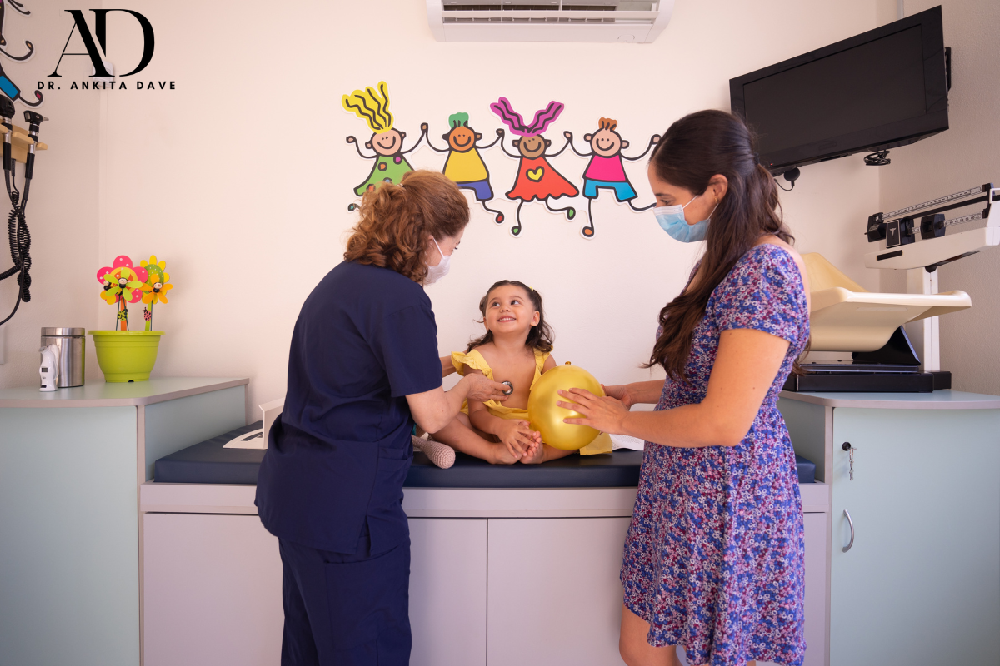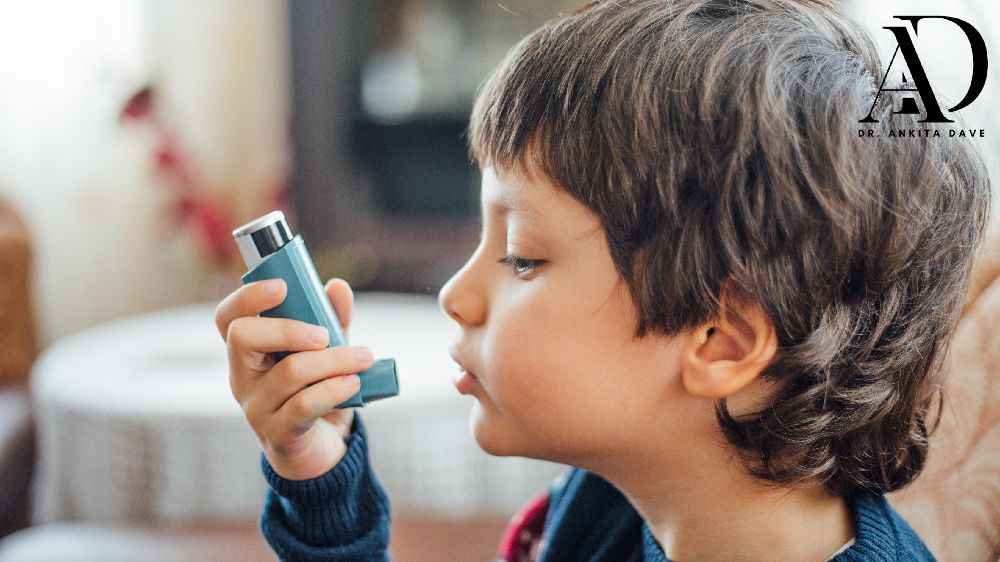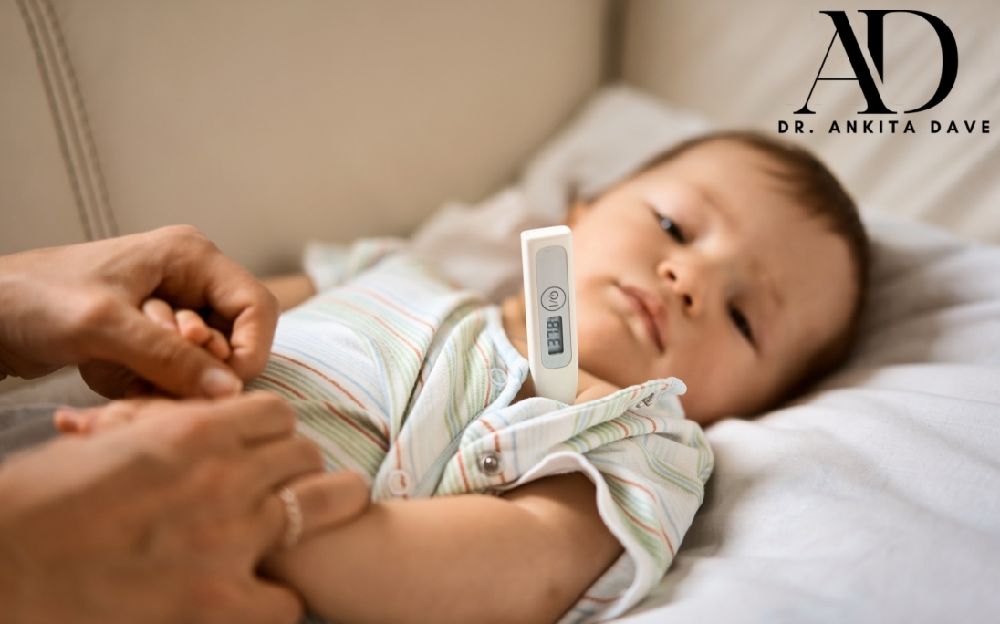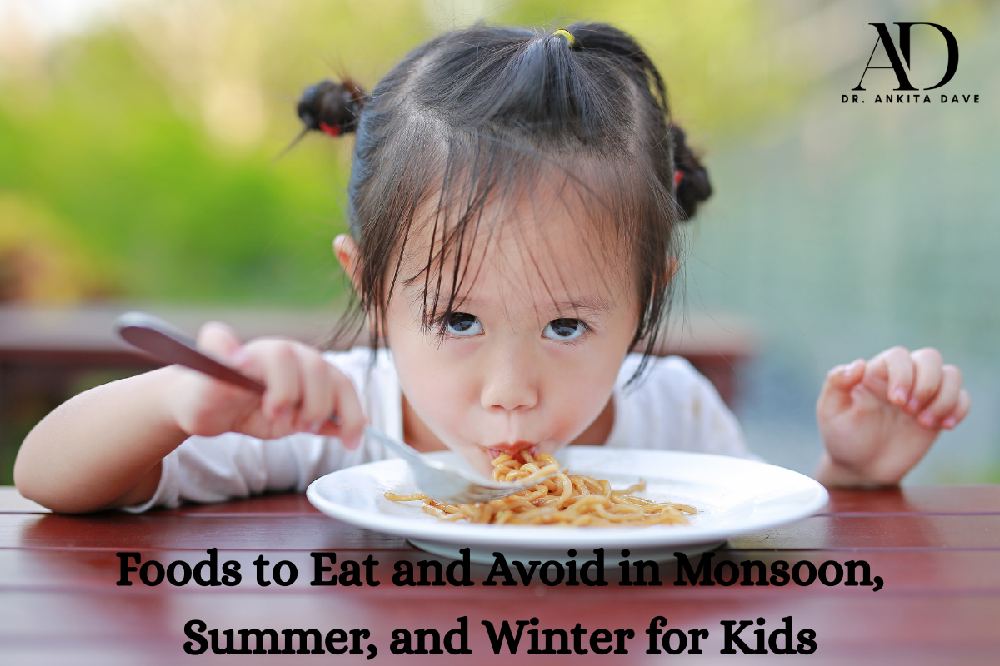Blog posts tagged with 'child immunization mumbai'

.png)
Building Healthy Habits from an Early Age
Hand hygiene is one of the simplest yet most powerful tools we have to protect children from getting sick. For kids—who are naturally curious, active, and often unaware of germs—proper handwashing is especially important. It helps prevent the spread of infections, keeps them healthier, and reduces the chances of illnesses spreading within families and schools.

Good sleep is as essential for children as proper nutrition and exercise. It supports physical growth, brain development, mood regulation, and immune function. Yet many parents struggle with bedtime routines, nighttime awakenings, or restless sleep. By building healthy sleep habits early on, you can set your child up for lifelong wellness.
.jpg)
A well-functioning immune system is your child’s best defense against common illnesses like colds, flu, and infections. Kids are exposed to a lot of germs, especially in schools and play areas, but there are simple ways parents can help boost their child’s immunity naturally through everyday routines.
 Asthma is one of the most common chronic conditions in children. It affects how air moves in and out of the lungs, making it harder to breathe. While asthma can be scary for both kids and parents, it’s manageable with the right care and awareness.
Asthma is one of the most common chronic conditions in children. It affects how air moves in and out of the lungs, making it harder to breathe. While asthma can be scary for both kids and parents, it’s manageable with the right care and awareness.
 Caring for a child means constantly watching for changes in their health and behavior. Kids often can’t explain how they feel, so it’s up to caregivers to notice the subtle (and not-so-subtle) signs that something’s wrong.
Caring for a child means constantly watching for changes in their health and behavior. Kids often can’t explain how they feel, so it’s up to caregivers to notice the subtle (and not-so-subtle) signs that something’s wrong.
 Introduction
Introduction
Car seat safety is one of the most critical aspects of protecting your child during travel. Every year, thousands of injuries and fatalities can be prevented simply by using the correct car seat for your child’s age, weight, and height. This guide breaks down the latest recommendations so parents and caregivers can drive with confidence.
 (5).png)
 (7).png)


 (2).jpg)
